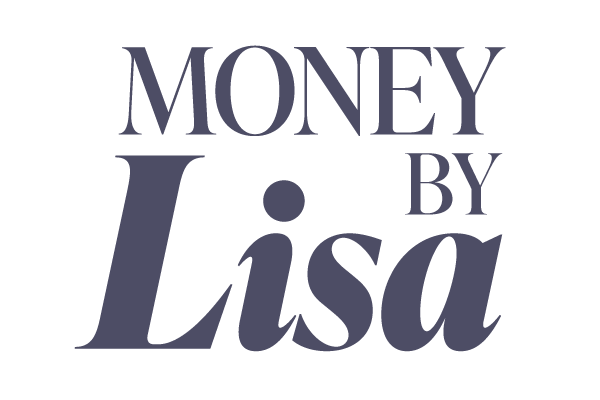Less is More
From time to time, I have been accused of being a minimalist. I don’t think that this is exactly true; I am perhaps more minimalist-wannabe. Except when it comes to money matters. In finance, achieving simplicity is nothing short of divine.
My theory of money stress is that it is often rooted in having to make too many decisions. (Well, that and not having enough of it.) It’s not even that any one particular decision is terribly complex; it is the sheer volume of them. Rent or buy? Roth or traditional? Pay down debt faster or save more? Debit or credit? And so on…
The reality is that few money decisions are always objectively bad. (Even something as heinous as a payday loan probably has a proper use if the alternative on that particular day is homelessness.) Therein lay the difficulty: If the difference between two competing options is cloudy, how do you decide?
Here’s my decision rubric:
Among my options, which one will give me greater stability today?
How does this decision affect my future stability?
Let’s say you are weighing the pros and cons of paying off a debt or adding to your savings. It’s not an obvious choice because, at least as far as your balance sheet is concerned, the outcome is actually the same. Applying the questions above can help here:
If you are dead broke, paying off the debt isn’t going to add to your stability today. And if your car breaks down next week, the choice to prioritize the debt payment is going to haunt you.
On the other hand, if your savings are already ample (enough, for the moment), paying off the debt won’t decrease your stability today, and to the extent that you save on paying interest, it will increase your stability tomorrow.
Look, this won’t work for every decision. In fact, I often fall back on the simplest question of all: “What do you want to do?” You would be amazed at how many seemingly mathematically complex decisions can be resolved in this way. Does it make more sense to rent or buy? Do you throw an extra $200 to your student loan, or to your Roth account? Math can give you whatever answer you want, depending on your assumptions. So let’s just start with what feels right, the action that you know in your heart you want to take…and then we can see if the numbers can reasonably support the decision or not.
Decision-making is exhausting, I know. So, one last tip: Make fewer of them. Automate the heck out of everything…your savings and investing contributions, your asset allocation, your bill payments. Tired of deciding? Then don’t.
